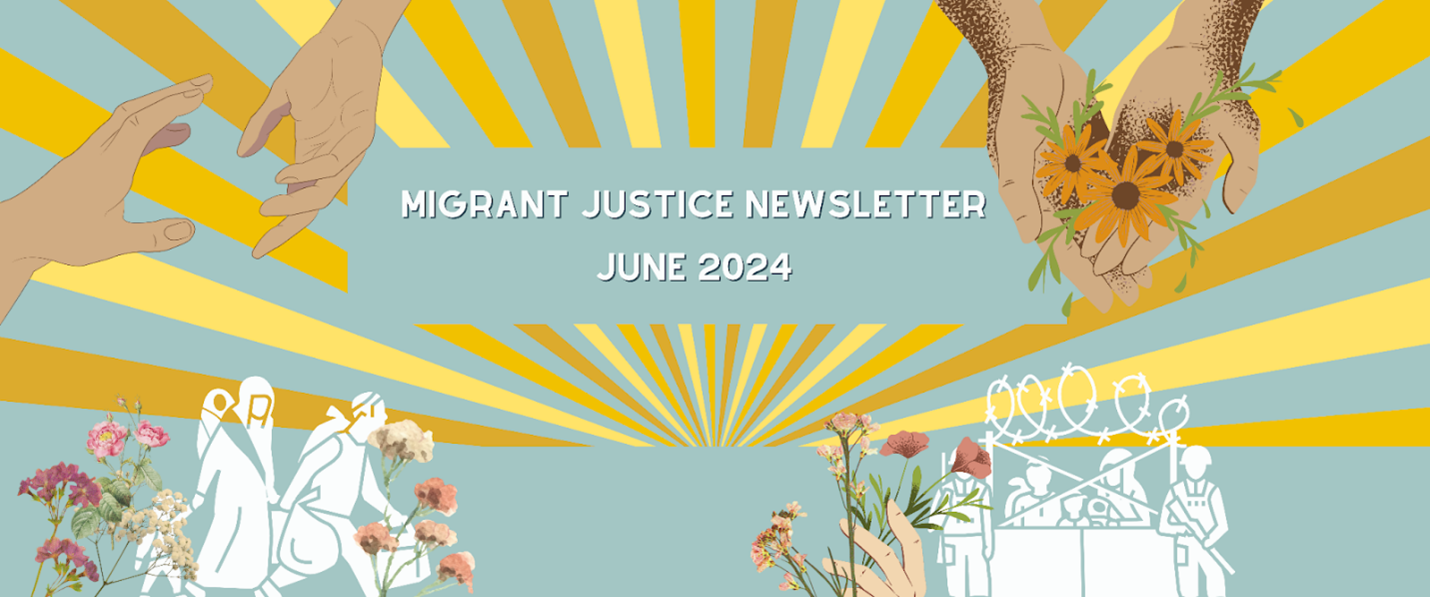We are deeply concerned about the continued persecution by the State of residents and leaders of Garífuna communities in northern Honduras. Police forces threatened and attacked Garífuna community members in Trujillo, Colón Department, on June 24, June 26 and again on June 30. Police officers surrounded and tried to intimidate Garífuna residents who are trying to recupérate their ancestral lands that were illegally taken by Randy Jorgensen, a Canadian investor in international toursism who has been accused of money laundering and fraud related to the sales of 140 tracts of land in Colón.
It is deeply troubling that political forces in Honduras are placing the private interests of criminals (narco-traffickers and money launderers) who want to construct tourist and residential developments on ancestral Garífuna territories above the needs of the Garífuna people. We call on the government of Honduras to develop mechanisms to comply with the international rulings in favor of wrongfully displaced Garífuna communities, namely those made by the Inter-American Commission on Human Rights and the Inter-American Court of Human Rights.


